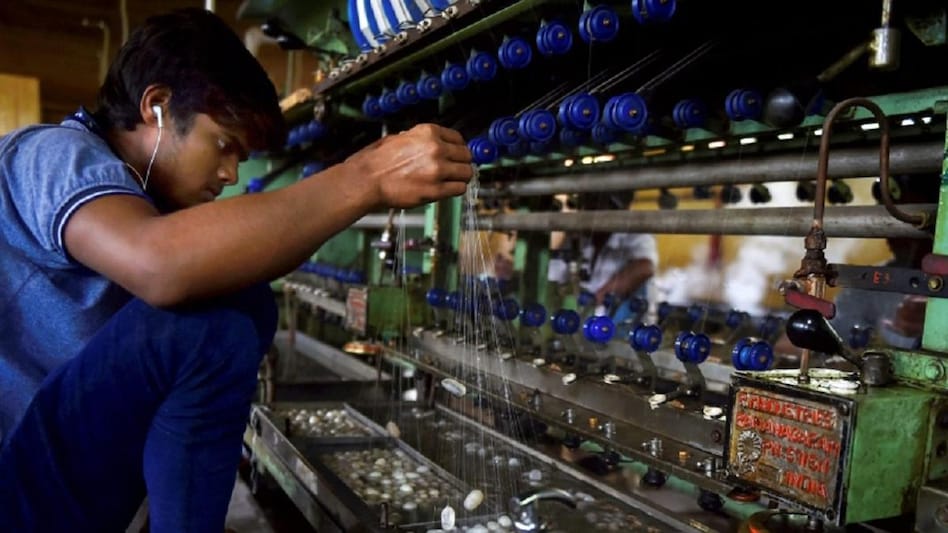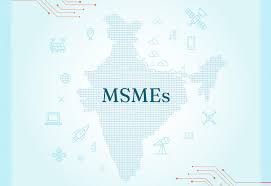
The Importance of MSMEs in India’s Economy
Micro, small, and medium enterprises (MSMEs) play a pivotal role in India’s economic development. Contributing around 30% to the country’s GDP and employing 62% of the workforce in the business sector, MSMEs are the second-largest employment generator after agriculture. Additionally, they account for 45.79% of India’s total exports, underscoring their vital economic impact.
Challenges Faced by MSMEs in Accessing Credit
Despite their significant contributions, MSMEs face numerous challenges, with the most pressing being limited access to credit. The sector’s credit penetration stands at a mere 14%, significantly lower than that of developed nations like China (37%) and the US (50%). A report by the Lok Sabha Standing Committee on Finance in 2022 revealed a massive credit gap of ₹20 lakh crore to ₹25 lakh crore, with 47% of MSME credit demand remaining unmet.
Government Initiatives and the Need for Digital Solutions
The Indian government has introduced provisions like Section 43B(h) of the Finance Act, 2023, aimed at ensuring timely payments to MSMEs. While these initiatives are well-intentioned, they sometimes create challenges for MSMEs in securing business from third parties. To address the credit gap and overcome these challenges, a more proactive approach from the government is required. Additionally, leveraging advanced digital solutions can play a crucial role in bridging the credit gap, making financial resources more accessible to MSMEs.
Conclusion: A Proactive Approach to Credit Access
To unlock the full potential of MSMEs and boost their growth, it is imperative to improve access to credit. With the right mix of government support and the adoption of digital technologies, MSMEs can overcome financial barriers and continue contributing significantly to India’s economy.
![]()




